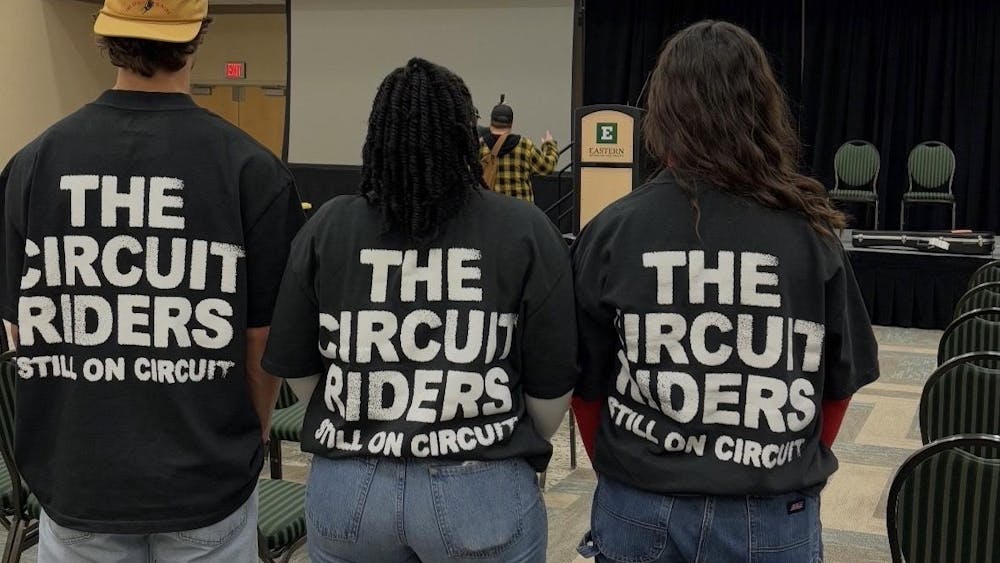Our history is full of activist presidents who pushed the limits of executive power. While pushing is sometimes necessary to make things happen, it’s possible to push too far, as former President Franklin Roosevelt found when he introduced a bill to add more justices to the Supreme Court to get more favorable rulings regarding his New Deal legislation.
Like Roosevelt, President Barack Obama has been pushing the limits of his power, and like Roosevelt’s “court-packing” scheme, our current president’s recess appointment antics show he has gone too
far. Hopefully, like FDR, Obama learns his lesson.
Since the ratification of the Constitution, the president and the Senate have shared the power of appointing officials to serve in the executive branch. The president nominates the candidates and the Senate approves or denies the nominations, but the president also has the power to make temporary appointments when the Senate is in recess.
This arrangement allows the Senate to check the power of the president while allowing the president to fill vacancies we cannot afford to leave open while the Senate is in recess.
However, Obama may have taken advantage of the system. According to a Jan. 5 article in The New York Times, the U.S. Court of Appeals for the District of Columbia Circuit found in favor of a business challenging the legitimacy of appointments Obama made to the National Labor Relations Board, which regulates relations between unions and businesses.
House Republicans, who argue the NLRB is too union friendly and anti-business, blocked the Senate from going into recess to prevent Obama from making appointments during the recess. Sen. Harry Reid, D-Nev., used this tactic toward the end of President George W. Bush’s second term.
But unlike Bush, Obama decided he would make appointments anyway.
The court went even further by actually curtailing the president’s power to make any recess appointments, unless the vacancies and appointments occur in the recess between the first and second sessions of Congress. This is unheard of, and would overturn precedent, as well as practice, dating back over 100 years.
This is what happens when a president is an activist. If the Supreme Court upholds the lower court’s decision, it will lead to the ouster of all the recess appointments Obama made last January, and possibly every decision they have made since then.
I applaud the court for finally deciding on what defines a congressional recess. The ruling shows the text of the Constitution does matter, although Obama opposes it.
I hope this will push the president to be more inclusive of the 48.3 percent (according to The New York Times blog FiveThirtyEight.com) who voted against his re-election. He should bargain, in good faith, with the congressional Republicans, and appoint officials who are more middle-of-the-road politically.
Considering everything done by these officials can be undone, the serious task of re-hashing every previously decided issue should leave an impression on our president. Maybe this will result in Obama learning to set and observe limits on his own power.








